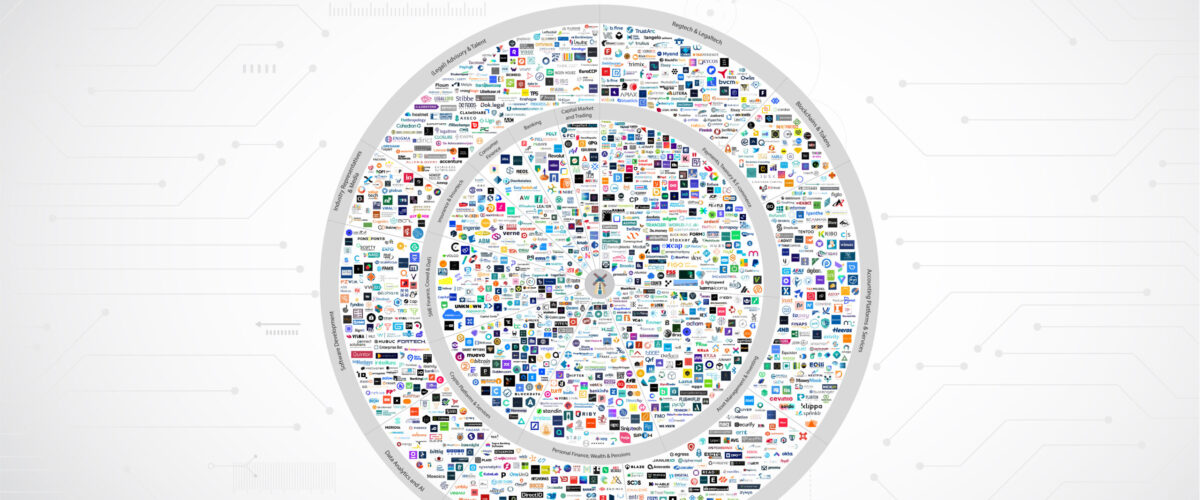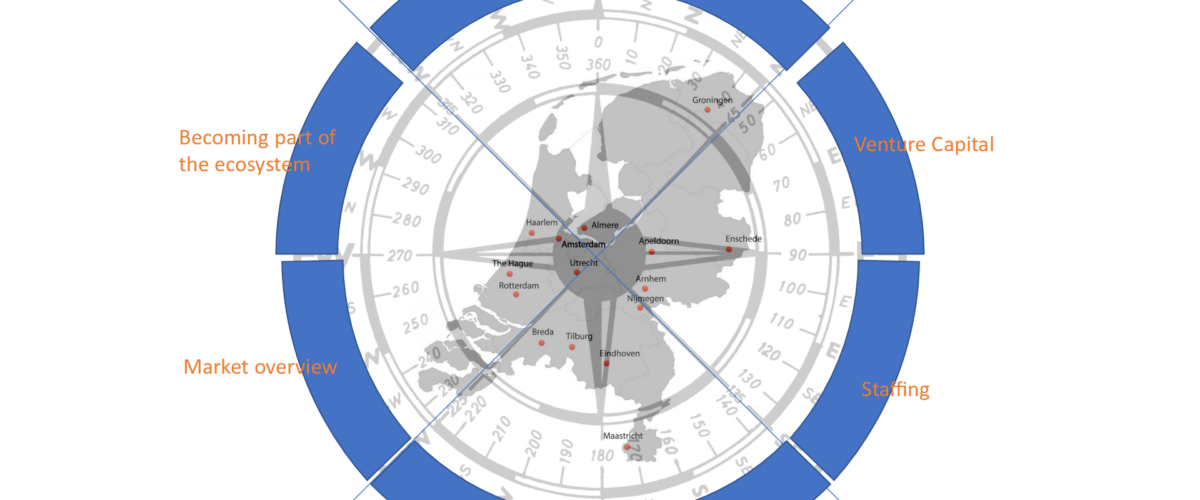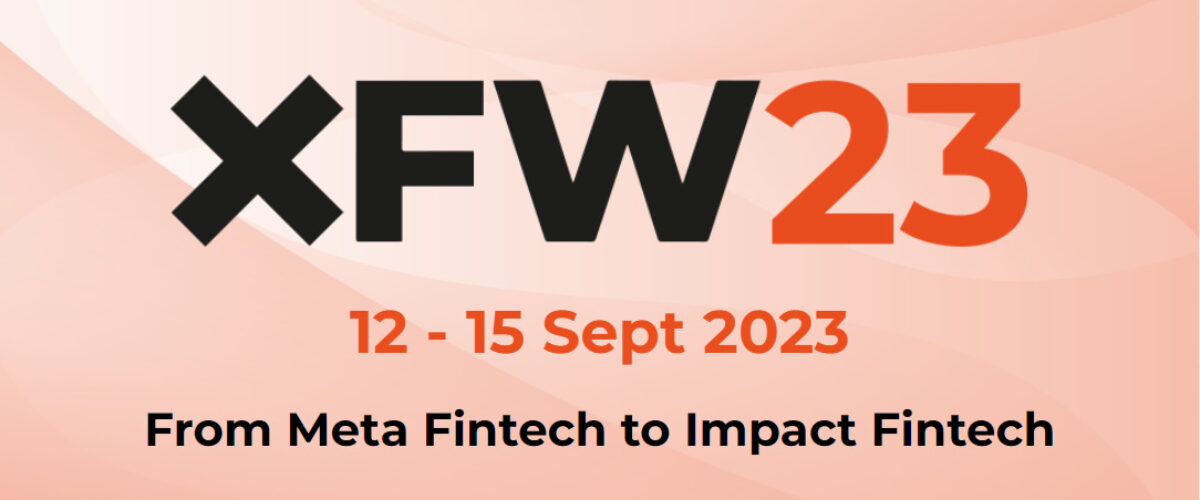Holland Fintech is presenting a monthly series of informational articles - Navigating The Fintech World - about the ever-changing world of fintech, delving deeper into a new topic each month! This month, read about how payments, cash & E-commerce are being redefined within the fintech sphere!
In an age of rapid technological advancement, the world of finance and commerce has undergone a significant transformation. One of the most remarkable shifts has been in the way payments are made. The traditional method of using physical cash is now being challenged by the explosive growth of e-commerce.
Let’s take a closer look at how these elements have evolved, exploring their connections and the impacts they have on our lives.
The Decline of Cash: An Evolution in Progress
Physical cash has been a cornerstone of commerce for centuries, enabling direct transactions between individuals and businesses. However, its relevance has been gradually diminishing in recent years. The convenience and speed of digital payment methods, combined with the increasing adoption of smartphones and internet access, have catalyzed this shift away from cash.
Convenience and Security:
Digital payment methods, such as credit and debit cards, mobile wallets, and electronic fund transfers, offer unparalleled convenience. They eliminate the need to carry physical cash, reducing the risk of loss or theft. Additionally, advancements in encryption and authentication technologies have bolstered the security of digital transactions, providing consumers with peace of mind.
Contactless Payments:
The global COVID-19 pandemic further accelerated the decline of cash as consumers sought contactless payment options to minimize physical interactions. Contactless payment technologies, including Near Field Communication (NFC) and QR codes, have gained significant traction, allowing users to complete transactions swiftly by simply tapping their cards or scanning codes.
Digital Currencies and Central Bank Digital Currencies (CBDCs):
The emergence of cryptocurrencies like Bitcoin and Ethereum has introduced an entirely new dimension to the payments landscape. While still relatively niche for mainstream transactions, cryptocurrencies have sparked discussions about the potential transformation of financial systems. Some central banks are also exploring the issuance of Central Bank Digital Currencies (CBDCs), which could revolutionize how money is issued and managed.
The E-commerce Boom: Redefining Commerce
Parallel to the decline of cash, the rise of e-commerce has reshaped the way businesses operate and consumers shop. E-commerce, driven by technological innovations, has transcended geographical barriers and transformed traditional business models.
Global Reach and Accessibility:
E-commerce platforms have democratized access to products and services, enabling businesses to reach global markets without the need for physical storefronts. This accessibility has opened up new revenue streams and growth opportunities for businesses of all sizes.
An online payment system’s functionality underpins a vast array of e-commerce transactions. These systems are versatile, allowing customers to make purchases discreetly from any corner of the globe. These systems also bring about cost efficiencies by reducing transaction and labor expenses. Moreover, the integration of online payment systems with banking networks ensures the smooth clearance and distribution of funds, optimizing the entire transaction process.
Diverse Payment Options:
E-commerce platforms provide diverse payment options, accommodating consumer preferences with choices ranging from credit and debit cards to digital wallets and cryptocurrencies. The Dutch Payments Association sheds light on payment diversity, outlining credit cards’ role in swift online purchases through unique number linkage, while debit cards suit real-time cash payments. Electronic fund transfers offer instant interbank transfers, and E-money showcases intermediary-free transactions.
Alternative payment methods (APMs) are a transformative trend, exemplified by digital wallets like Apple and Google’s offerings, boasting enhanced security via encryption, biometrics, and passwords. E-commerce’s rise has redefined consumer-product interactions, aided by online payment systems, facilitating remote shopping comfort. iDEAL leads Dutch e-commerce, constituting 70% of payments, with credit cards contributing over 10% as an alternative avenue.
Data-Driven Personalization:
The digital nature of e-commerce transactions allows businesses to collect valuable customer data. By analyzing this data, businesses can personalize offerings, tailor marketing strategies, and enhance customer experiences, fostering brand loyalty.
Implications for Businesses and Consumers
For businesses, adapting to the changing payments landscape is crucial for staying competitive. Embracing digital payment methods and optimizing e-commerce experiences can lead to increased customer satisfaction and higher sales. Additionally, staying informed about emerging payment technologies, such as blockchain and decentralized finance (DeFi), can provide a strategic advantage in a rapidly evolving landscape.
Consumers, on the other hand, benefit from the convenience, security, and choice offered by digital payments and e-commerce. However, as digital transactions become the norm, it’s essential for individuals to prioritize cybersecurity and data privacy to mitigate potential risks associated with online transactions.
Embracing the Future of Payments
The evolution of payments from cash to digital methods and the rise of e-commerce represent a significant paradigm shift in commerce. As technology continues to advance, it’s imperative for businesses and consumers alike to embrace these changes and adapt to the new realities of the payments landscape. By staying informed, adopting innovative payment solutions, and prioritizing cybersecurity, stakeholders can navigate this transformation with confidence and unlock new opportunities for growth and prosperity.
If you’re eager to deepen your knowledge about the dynamic landscape of payments, cash, and e-commerce, we invite you to participate in the upcoming Holland Fintech Meetup in August using this link.
Our members within the sector include 3S Money, Azimo, Blackthorn Group, Buckaroo, coeo Incasso, Compass Plus Technologies, CreditClick, Currencycloud, Enfuce, Factris, IKYC, Intersolve, Mastercard, Modulr, WLPayments, Nium, OnelinQ, Payhawk, Radar Payments, Rewire EU, SurePay, swan.io, Treezor, Twikey, VraagBod.nl, WTSSX and XTransfer B.V.


